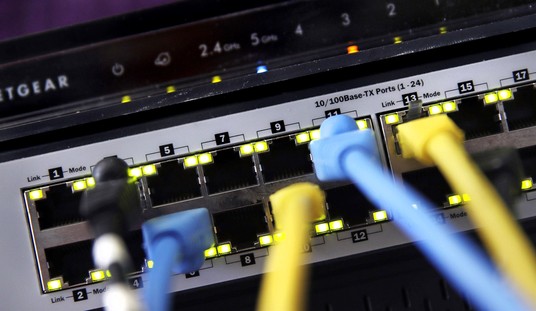Ryan Schuessler, a Missourian and a journalist with Al Jazeera America, recently left Ferguson after covering the civil unrest there since the protests and violence erupted two weeks ago. He is not coming back; not because there is no more work to be done or events of interest left to cover, but because the media’s behavior has been too much for him to tolerate.
“The behavior and number of journalists there is so appalling, that I cannot in good conscience continue to be a part of the spectacle,” Schuessler wrote, via The Daily Beat’s Brian Ries.
Among the offenses he listed in a brief rundown occurrences which have turned him off to the media’s conduct have been television news crews yelling at residents at public meetings, reporting staff disrespecting the area where 18-year-old Michael Brown was shot, reporters calling the situation in Ferguson a “networking opportunity,” and, perhaps above all, “journalists making the story about them.”
“There are now hundreds of journalists from all over the world coming to Ferguson to film what has become a spectacle. I get the sense that many feel this is their career-maker,” Schuessler concluded. “We should all be ashamed, and I cannot do it anymore.”
It is not merely conservative sources who have noticed that the press is not only failing to cover the unrest in Ferguson objectively, but are actively embracing their new roles as central figures in a story about heavy-handed policing tactics. From MSNBC, to Slate, to Politico, press outlets are noticing that the media has made the media’s treatment a central narrative of the coverage of Ferguson.
Some see the media’s embrace of their role as principal figures in the coverage of the Ferguson protests are understandable, if not justified. “Any journalist who stands on the front lines will inevitably be pushed, prodded or find themselves on the receiving end of a rubber bullet or tear-gas canister,” Politico’s Dylan Byers wrote. “In such an environment, it becomes near impossible not to identify with the protester.”
Some have noted that the media’s centrality to the story, and the undeniable fact that the protesters are receiving far more favorable coverage than are the police and National Guard troops managing them, was inevitable.
“[T]he media descended on Ferguson looking for the same thing that had led protesters to take to the streets: the truth,” Slate’s Josh Voorhees added. “That’s the real reason the media is siding with the protesters: What the people in the streets of Ferguson want is the same thing the journalists were sent there to find.”
Others have been less forgiving.
“[I]f you were an overly-ambitious, and perhaps quixotic, young reporter or blogger,” The Daily Caller’s Matt Lewis observed, “wouldn’t it make sense to intentionally become part of this sort of story — especially if you thought the risk-reward ratio was favorable.”
In any event, few disagree that the news media has shed its ostensible role as neutral and objective correspondents who merely observe events. Now, explaining events, providing context for their readers or viewers, or even become active participants in the story which they are covering is seen by many in the media as one of their responsibilities to the public.
Opinions vary as to how valuable the press’s new role is for news consumers, but none are debating whether or not the media’s role has changed.







Join the conversation as a VIP Member